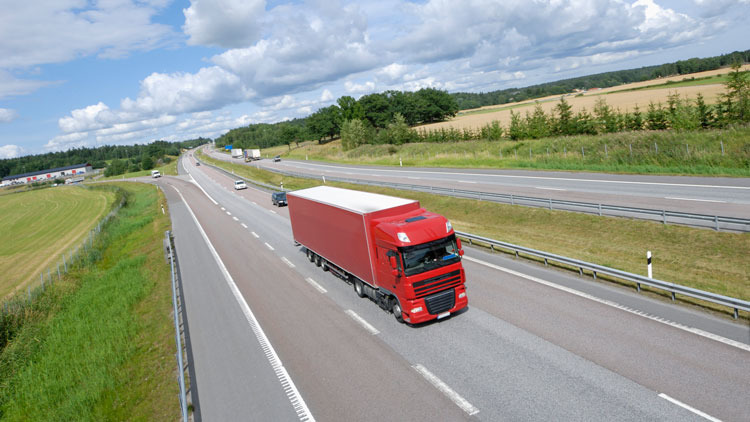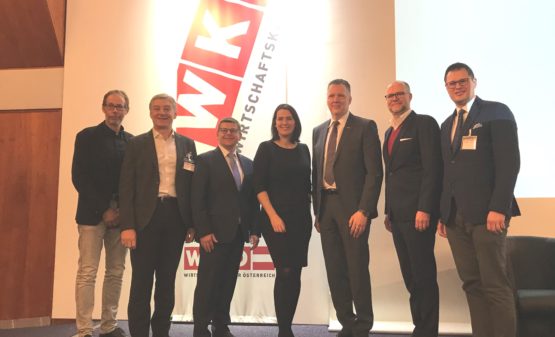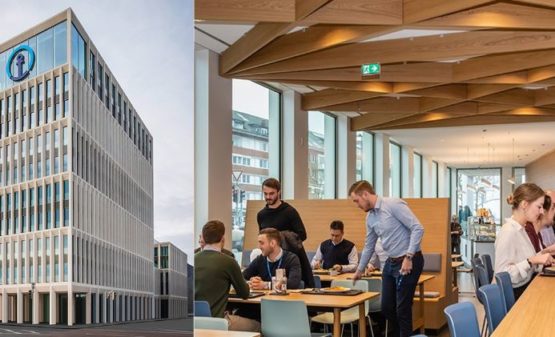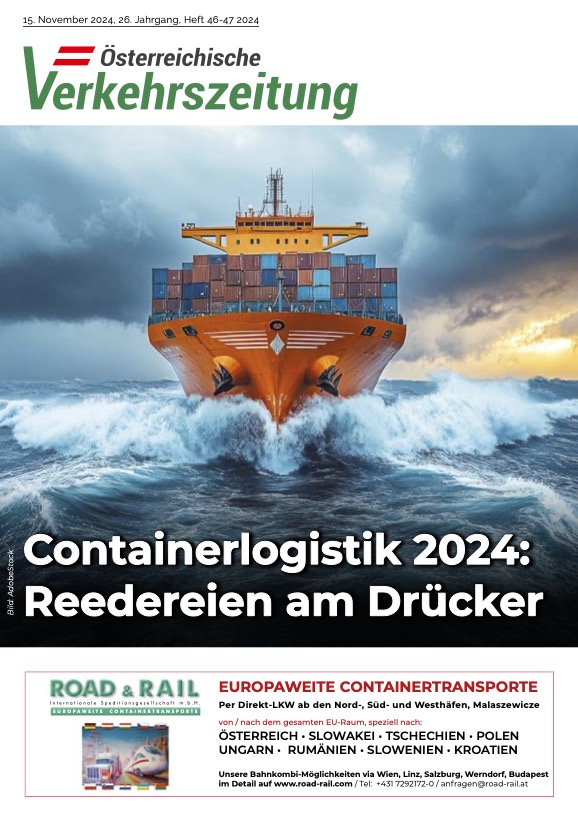“The Austrian carriers are committed to climate protection and CO2 reduction,” says Günther Reder, chairman of the Association for the Freight Transport Industry in the Austrian Federal Economic Chamber (WKÖ). To make this possible, he specifically proposes three approaches:
1. Avoid
Currently, trucks in Austria cannot drive the shortest route due to well over 100 regional and national truck driving restrictions, but are forced to make long detours. “The recent Styrian driving ban example of the B320 shows impressively that this is contrary to the idea of environmental protection and detours of up to 110 kilometers must be driven,” says Günther Reder. This must be stopped and the use of the shortest possible routes nationwide must be enabled. For this purpose, the abolition of often incompatible truck driving prohibitions is necessary.
2. Decrease
Road freight transport can be effectively reduced by introducing new vehicle concepts. The introduction of LHVs according to the German model with a length of 25.25 meters and a total weight of 40 tons will reduce the number of transit trucks by around 600,000, according to the assumptions of the German Transport Association.
3. Improve
The market penetration of gas-powered (CNG/LNG) trucks needs to be improved as they emit 20 per cent less CO2 than diesel trucks. Here Germany takes an environmentally conscious pioneering role in the road freight transport by the toll exemption of such vehicles.
“We want to and could make our contribution to the effective reduction of CO2 if politics enables us to meet the conditions outlined here. These would be very specific approaches to content, away from any tax/duty or prohibition discussions,” emphasizes Günther Reder in his appeal to the decision-makers.











